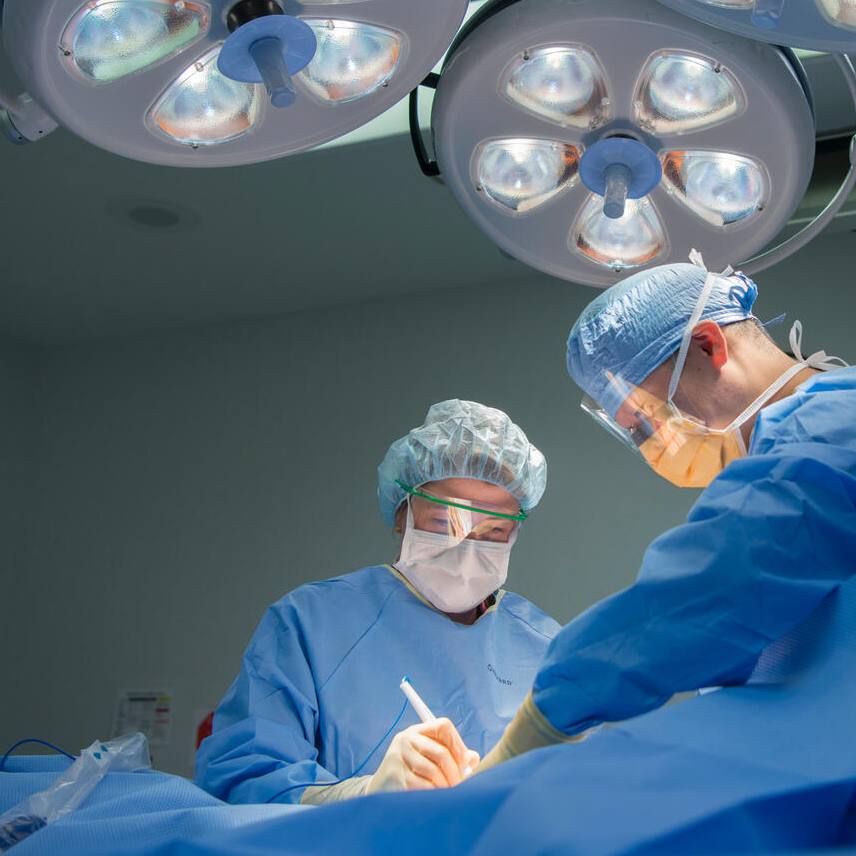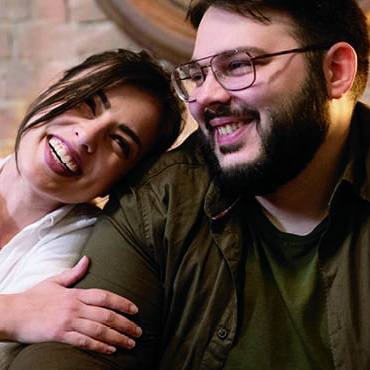-
Cancer
Consumer Health: Reducing your risk of breast cancer

Breast cancer will affect 1 in 8 women, according to the American Cancer Society. After skin cancer, breast cancer is the most common cancer diagnosed in women in the U.S.
Researchers have identified hormonal, lifestyle and environmental factors that may increase your risk of breast cancer. And an estimated 5% to 10% of breast cancers are linked to gene mutations passed through generations of a family. It's not clear why some people who have no risk factors develop cancer while other people with risk factors do not. It's likely that breast cancer is caused by a complex interaction of your genetic makeup and your environment.
Some risk factors, such as family history, can't be changed. However, you can make lifestyle changes, including limiting alcohol, maintaining a healthy weight and being physically active, to lower your risk. And being vigilant about breast cancer detection, including regular mammograms and other screenings, can help detect breast cancer early when it's most easily treated.
Learn more about what you can do to reduce your risk of breast cancer.







